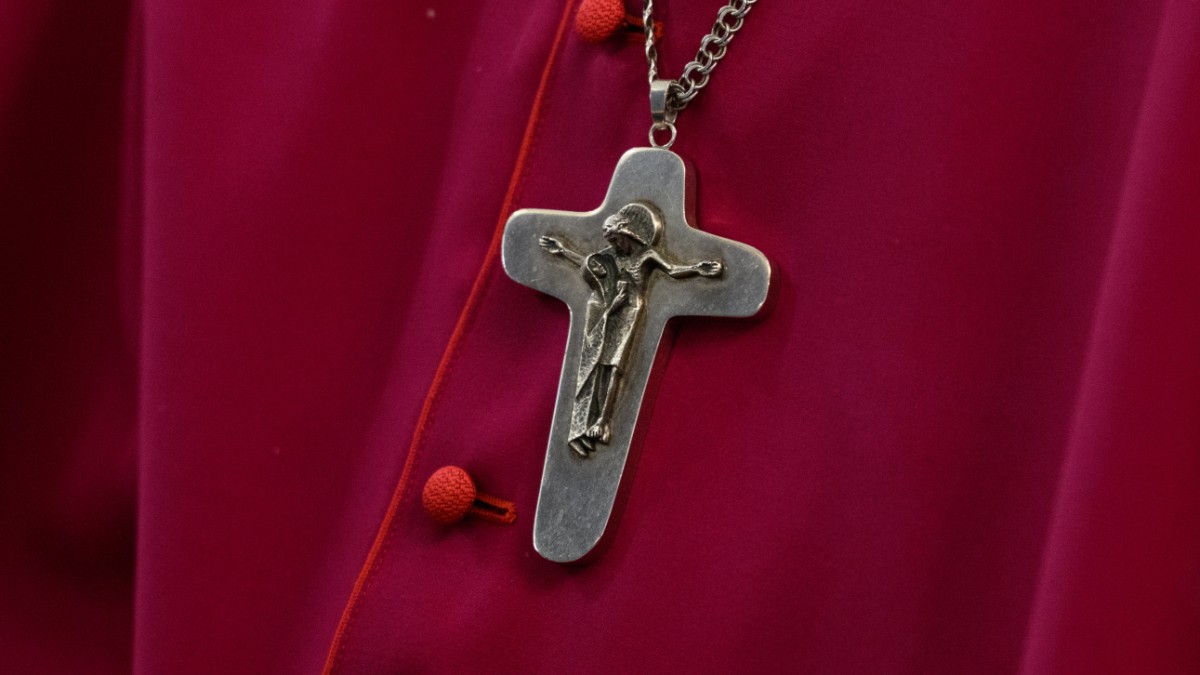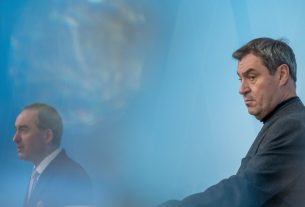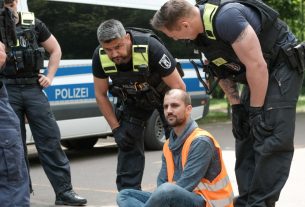God created man in his image. God himself is reflected in every single person. This is a fundamental principle of Christianity, in which the Christian commandment of charity and the principle of inviolable human dignity are rooted. In radicalized thinking, however, this equal dignity of all people is denied or relativized and declared irrelevant for political action, write the German Catholic bishops in its statement adopted on Thursday. Ethnic nationalism is therefore incompatible with the Christian vision of God and humanity.
Right-wing extremists also make use of Catholic positions
The diocesan and auxiliary bishops unanimously adopted this statement during the spring general assembly, which concluded Thursday in Augusta. The top pastors spoke out against the AfD more clearly and decisively than ever, even mentioning them by name in the newspaper. Never before had the Catholic bishops warned so explicitly against a party represented in the Bundestag. It is a significant and historic signal for society.
This is all the more true as Catholic positions such as the protection of unborn life are occupied and exploited by populists and right-wing extremists. Here a clear delimitation was urgently needed. The document will also trigger many discussions within the Catholic Church, as AfD members and supporters are also represented in churches. How do you behave, for example, with a parish councilor who is from the AfD, as with a first communion catechist?
The bishops say they remain willing to talk and seek dialogue with AfD sympathizers. But in their essence they are unmistakable and above all: united. Every bishop can sign every single sentence of the declaration, said the president of the German Bishops’ Conference, Msgr. Georg Bätzing from Limburg.
This is remarkable considering how often the bishops have been divided of late. And at the beginning of this general assembly it briefly seemed that this meeting of bishops could also end in arguments and arguments. Shortly before the general assembly, Rome had sent a blue letter asking the bishops to remove a vote on the statutes of the Synodal Committee from the agenda. The committee was supposed to perpetuate the German debate on the reform of the “Synodal Way”, but from the point of view of the Romans, this has a schismatic potential with the Luther trauma and is therefore fought with iron weapons.
Bätzing removed the item from the agenda, but did not spare the Kurials criticism, accusing them of delay. At the end of the general meeting he again expressed himself in a more conciliatory manner and stated that the conflict had to be resolved through discussion. Bätzing never tires of underlining that the German synodal path and the global synodal process initiated by Pope Francis do not contradict each other, but can complement each other. A delegation will travel to Rome “soon”, Bätzing said, but did not provide details.
Instead of escalating the conflict with Rome, the bishops have now managed, for the first time in a long time, to jointly set an urgently needed social exclamation point.




